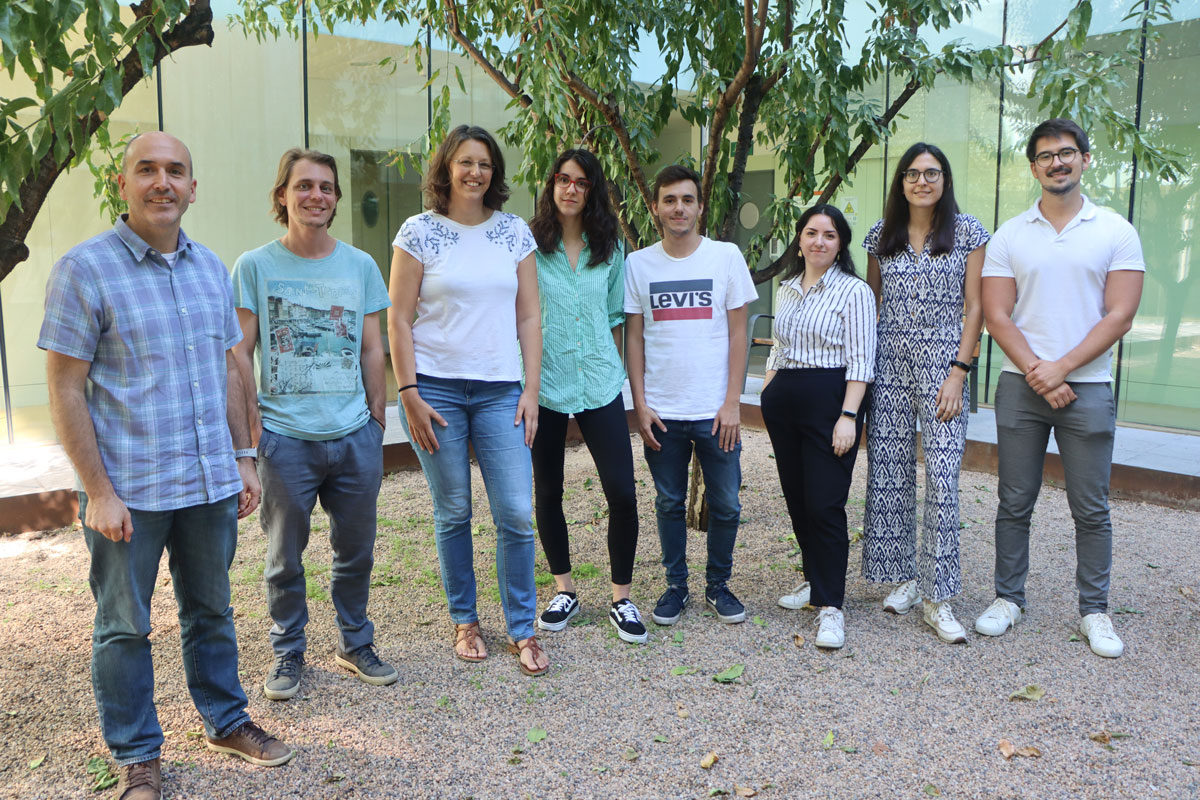During the last years the genomic revolution has provided unique research opportunities unthought-of before. The Comparative and Functional Genomics group, led by Mario Cáceres, is focused on applying the newest genomic techniques and the great wealth of available genomic data to the characterization of genetic changes across individuals and species, and how they translate into phenotypic and disease susceptibility differences. To address these questions, we use humans as a model and take a multidisciplinary approach that combines bioinformatic and experimental analysis, generating results of interest to diverse fields.
In particular, a significant degree of structural variation, including hundreds of copy number variants (insertions, duplications and deletions) and inversions, has been discovered in multiple organisms. In addition, we now have the information on the variation in the expression levels of thousands of genes in diverse tissues and individuals of many species. However, we still know very little about the functional and evolutionary impact of these changes.
Our main line of research therefore deals with the global analysis of polymorphic inversions and other complex regions in the human genome, which are in general poorly characterized and could have unique effects compared to other variants. This ranges from the development of new methods for inversion study and the first database of human polymorphic inversions, to the characterization of their population distribution, functional consequences and selection signatures, as a way to ultimately determine their contribution to complex traits.
